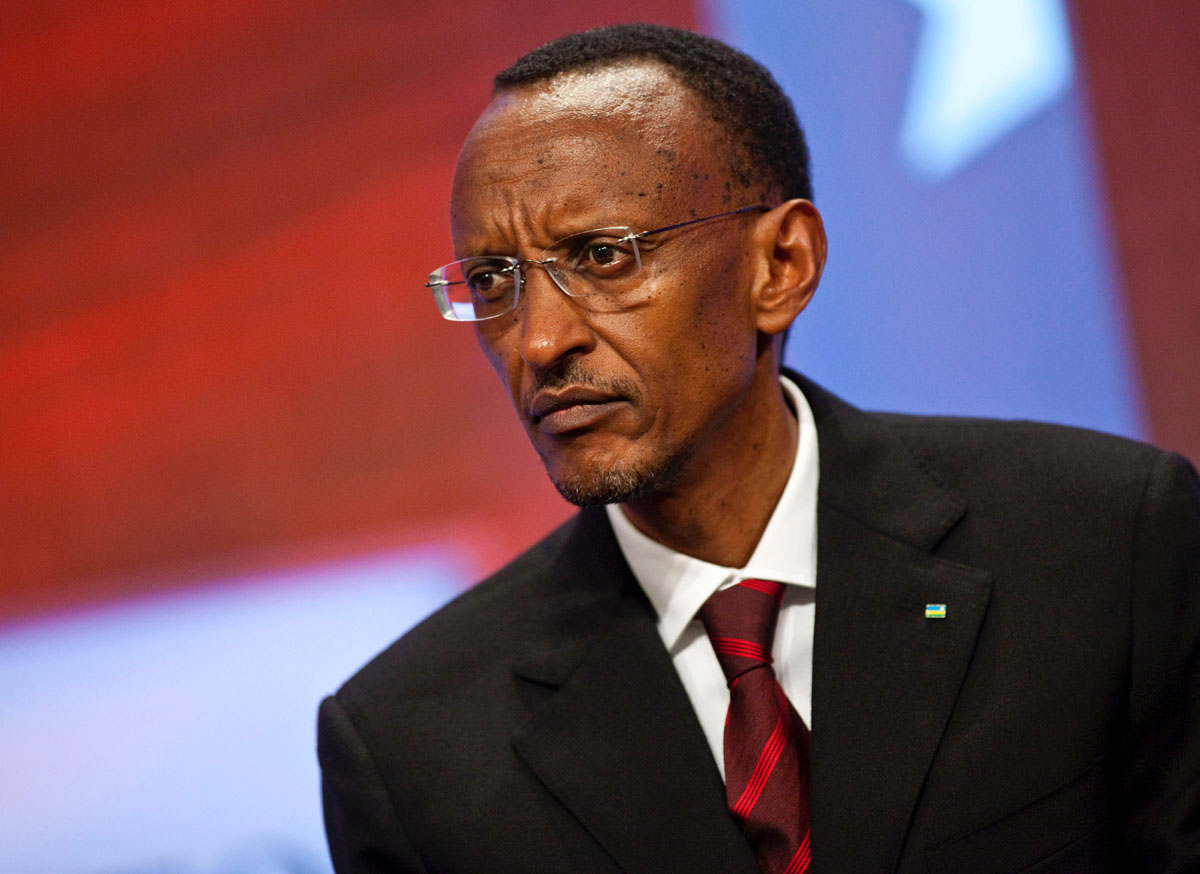Paul Kagame is angrier than I've ever seen him. Rwanda's president is famously direct with his critics. His contempt for governments he's crossed swords with, led by the French, is only marginally less vitriolic than his view of human-rights groups daring to lecture him, the rebel leader whose army put a stop to the 1994 genocide of 800,0000 Tutsis. But now even friends are regarded with suspicion to the point of hostility. Take London and Washington accusing Rwanda of perpetuating the interminable and bloody conflict across the border in Congo and flagging up concerns that Kagame is constructing a de-facto one-party state.
They are hypocrites, blind to their own histories, says Rwanda's president. "Who are these gods who police others for their rights?" he says in an interview with The Observer at the presidential office in Kigali. "One of the things I live for is to challenge that. I grew up in a refugee camp. Thirty years. This so-called human-rights world didn't ask me what was happening for me to be there 30 years."
Nearly two decades after the leader of the Rwandan Patriotic Front (RPF) emerged from the hills to overthrow the extremist Hutu regime trying to exterminate the Tutsi population, Kagame is still a combative and divisive figure. To some he is the Lincoln of Africa for rising above his country's old divisions — and his own suffering after narrowly escaping as a child across the border to Uganda during an earlier bout of Tutsi killing — to preach forgiveness, reconciliation and hard work as he forges a new Rwanda out of the ashes of genocide.

















With your current subscription plan you can comment on stories. However, before writing your first comment, please create a display name in the Profile section of your subscriber account page.